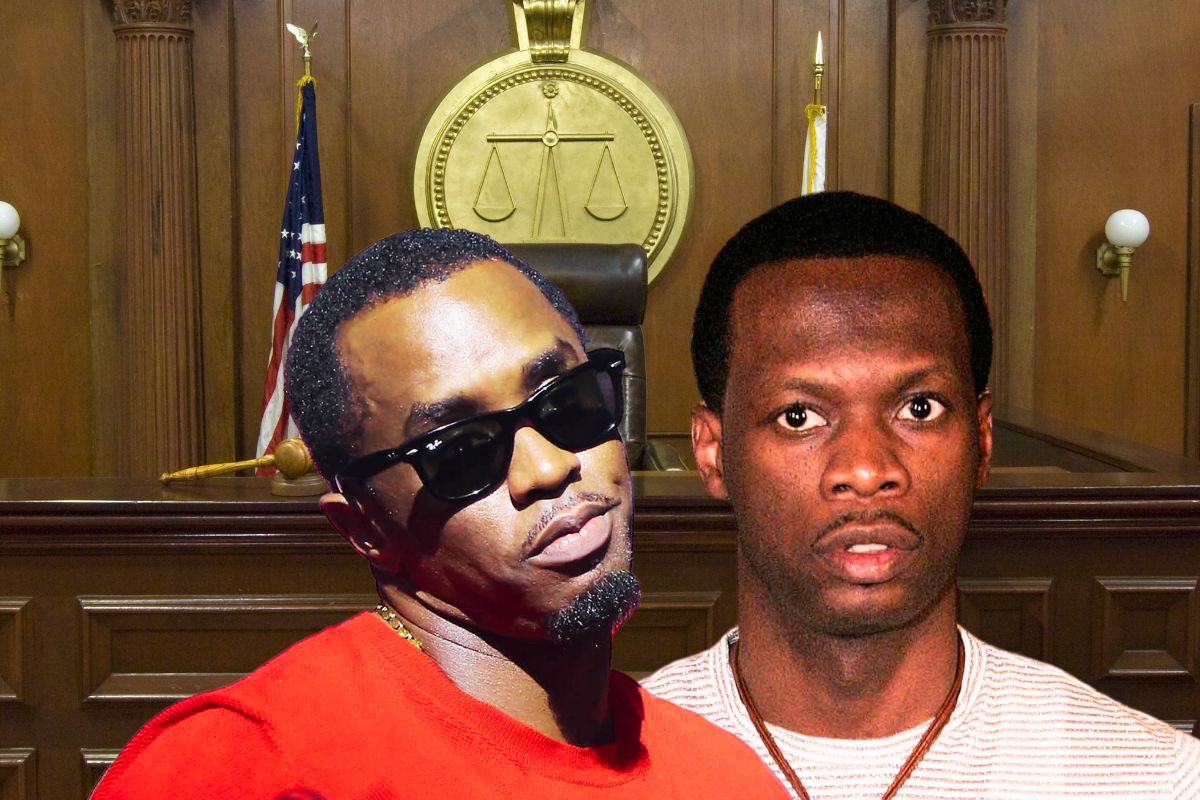Pras Michel’s bid for a new trial has been denied as a federal court ruled an error involving Diddy cited in his motion did not justify overturning the jury’s verdict.
Michel, a member of the Grammy-winning group Fugees, faced allegations of involvement in three separate schemes related to conduit contributions, witness tampering, and illegal foreign lobbying.
Specifically, he was accused of collaborating with fugitive financier Jho Low in facilitating the transfer of significant sums of money from foreign banks into the United States.
The accusations included allegations that Michel used Jho Low’s illicit funds to funnel millions of dollars to support the 2012 presidential campaign of then-President Barack Obama through a network of at least 20 proxy contributors, thereby obscuring the true origins of the finances.
In an alleged attempt to influence U.S. governmental decisions, Pras Michele is accused of orchestrating a covert operation in 2017 aimed at persuading Obama’s administration and the Department of Justice to drop their investigation into Jho Low, who faced accusations of embezzling billions of dollars from Malaysia.
Pras Michel also allegedly made substantial donations to convince President Donald Trump’s administration to stop the probe.
In April 2023, a jury convicted Michel on ten counts.
Following the conviction, Michel filed a motion seeking a new trial, citing various alleged errors that, he argued, undermined the jury’s verdict.
However, his request was ultimately rejected by the court.
One distinctive aspect of Michel’s defense was the innovative use of artificial intelligence (AI) during closing arguments, a strategy his attorney, David Kenner, employed.
The AI was used to analyze the voluminous evidence presented and to help craft a persuasive narrative for the defense.
Kenner incorporated AI-generated content into his final argument, though some phrases were modified. Interestingly, the AI mistakenly attributed lyrics from Diddy’s song “I’ll Be Missing You” to Michel, an error that went unnoticed.
Judge Colleen Kollar-Kotelly said the mistake did not influence the jury.
“Michel does not explain how this mistake—the mistaken attribution of a Puff Daddy song in the closing argument—resulted in prejudice.”
She continued, “Specifically, Michel has not shown that there is a reasonable probability that the result of his trial would have differed had Kenner correctly attributed a lyric to him. Notably, the content derived from the AI program did not relate to any evidence in the case, only general sympathetic statements and one lyrical quote.”
The court concluded that Michel had not demonstrated ineffective assistance from his counsel based on the AI’s use in closing arguments.
Another of Michel’s contentions involved evidentiary rulings made in the presence of the jury without curative instructions, which he claimed amplified prejudice against him.
However, the court determined any potential mistakes in these rulings did not affect Michel’s substantial rights, given the context and the jury instructions provided.
